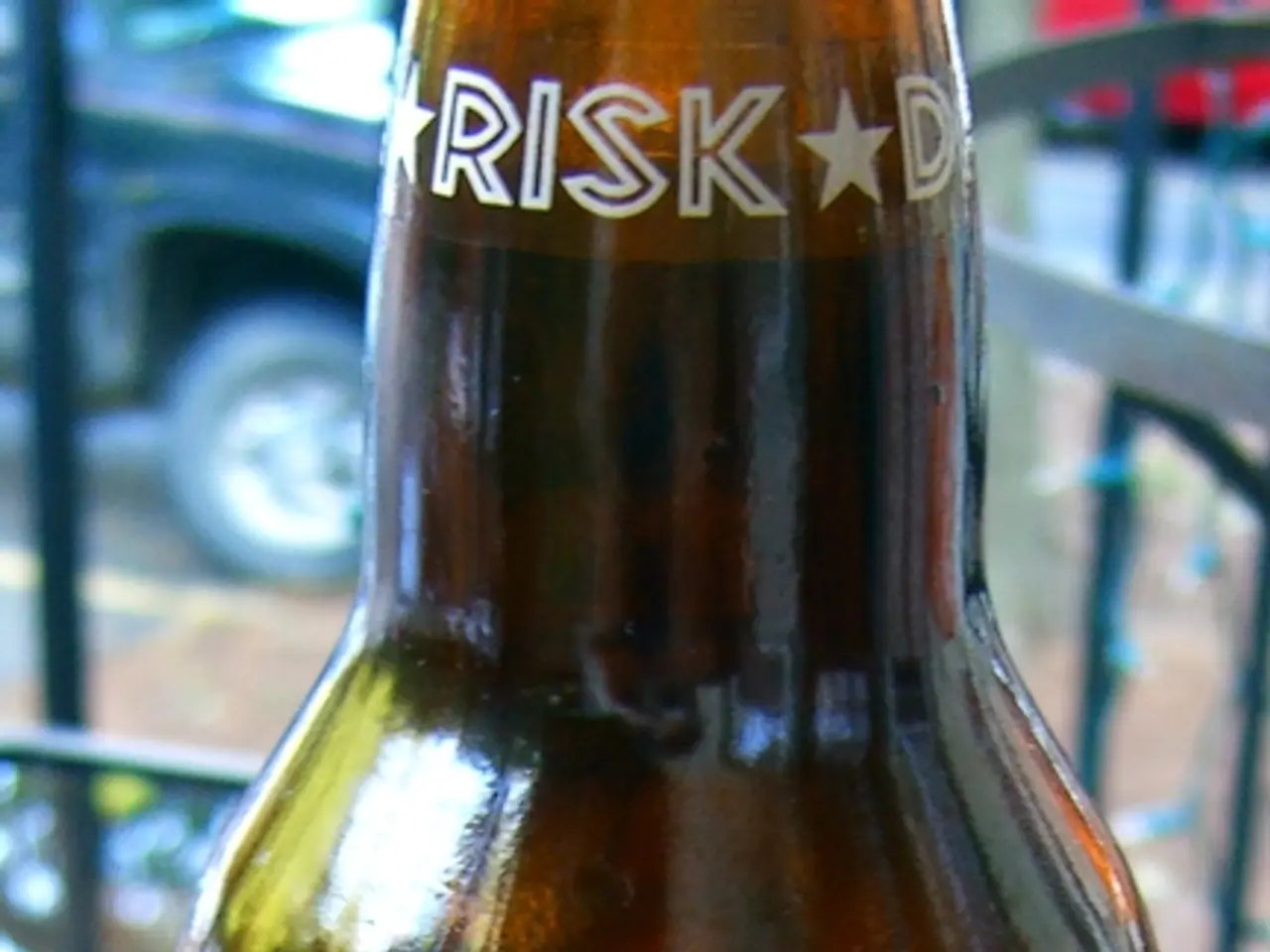Ayahuasca's Hidden Dangers: Understanding Risks, Combating Fraudulent Tourism, and Protecting Cultural Integrity
In recent years, the use of Ayahuasca, a traditional Amazonian brew, has gained popularity among non-indigenous individuals seeking spiritual enlightenment, emotional healing, or a deeper connection to nature. However, this rise in interest raises several critical concerns, particularly regarding cultural appropriation, health, and safety.
Ethically, the commercialization of Ayahuasca can undermine the integrity of local traditions. Known as "cultural extractivism," this practice involves exploiting indigenous cultural practices without proper respect or compensation. The commodification of sacred rituals can lead to the dilution of cultural values and the exploitation of indigenous knowledge without proper recognition or compensation.
Health implications of Ayahuasca use are significant. While it has shown potential therapeutic benefits, such as antidepressant effects, its use can also lead to severe health issues. In Peru, several foreign tourists have experienced severe health problems or even death after ingesting Ayahuasca, partly due to the lack of regulation and oversight in retreat centers. Additionally, participants who experience fear during ceremonies may be more likely to have adverse mental health outcomes, highlighting the need for proper preparation and aftercare.
The cultural implications of Ayahuasca tourism are multifaceted. The influx of tourists can strain local resources and increase the risk of cultural homogenization. The disruption of traditional practices can lead to the dilution of cultural values and the exploitation of indigenous knowledge without proper recognition or compensation.
To navigate this complex landscape, understanding the risks, respecting cultural traditions, and making informed decisions are essential. Supporting communities and practitioners who honor the traditions can help preserve the cultural integrity of this ancient practice. It is also crucial to be aware of the legal context, as navigating the legal landscape of Ayahuasca can be complex, with some countries embracing its use for religious or therapeutic purposes while others have strict regulations against it.
In conclusion, the increasing popularity of Ayahuasca among non-indigenous individuals raises critical concerns about respect for cultural heritage, safety, and the equitable distribution of benefits from these practices. By understanding the risks, respecting cultural traditions, and making informed decisions, we can ensure that Ayahuasca remains a tool for healing and spiritual growth, rather than a source of exploitation and cultural erosion.
References: [1] Peruvian Ministry of Health (2019). Report on Ayahuasca-related health incidents among foreign tourists. [2] Ortiz, C. (2018). Ayahuasca tourism and the commodification of indigenous knowledge. Anthropology Today, 34(6), 21-25. [3] Grob, C. S., & Griffiths, R. R. (2006). Ayahuasca: Divine healer or dangerous drug? A review of the ethnopharmacology, psychopharmacology, and toxicology of Ayahuasca. Journal of Psychopharmacology, 20(3), 327-342. [4] Nuñez, J. (2018). Ayahuasca, tourism, and the politics of authenticity in the Peruvian Amazon. Cultural Anthropology, 33(4), 635-660.
- The explosion of interest in Ayahuasca has sparked debate within the realm of science, particularly in health-and-wellness circles, where its potential therapeutic benefits are being studied.
- In the field of environmental-science, concerns are rising about the impact of Ayahuasca tourism on the Amazon rainforest, a critical component of the Earth's climate-change countermeasures.
- Mental-health professionals are discussing the potential long-term effects of Ayahuasca on individuals, especially in relation to the emotional upheavals often experienced during ceremonies.
- Fitness-and-exercise enthusiasts, seeking a holistic approach to wellness, have started to explore Ayahuasca as a means to enhance their spiritual connection and overall health.
- CBD, a compound derived from cannabis, shares similar psychoactive properties with Ayahuasca, leading to discussions about their potential interplay in therapies-and-treatments.
- Investing in businesses associated with health-and-wellness, lifestyle, fashion-and-beauty, and food-and-drink industries may be influenced by the growing trend of Ayahuasca use.
- The increasing popularity of Ayahuasca has also caught the attention of businesses and the finance sector, as they see opportunities for profit in this emerging market.
- In the tech-savvy world of data-and-cloud-computing and artificial-intelligence, there's potential for advancements in analyzing and improving Ayahuasca's therapeutic benefits and safety.
- Despite the potential benefits, travel agencies need to consider the implications of Ayahuasca tourism on relationships with local communities and the preservation of traditional practices.
- Shopping for Ayahuasca-related products online or in stores could potentially support ethical businesses, ensuring that profits are distributed equitably to practitioners and communities.
- Sports enthusiasts, particularly basketball fans, may find parallels between the rigorous training routines and the discipline required in Ayahuasca rituals, leading to new perspectives on sports-betting, training, and performance.
- Before venturing into the complex world of Ayahuasca, it's crucial to consider the weather conditions in the Amazon, as extreme temperatures and climate conditions can affect the safety and effectiveness of Ayahuasca rituals.




